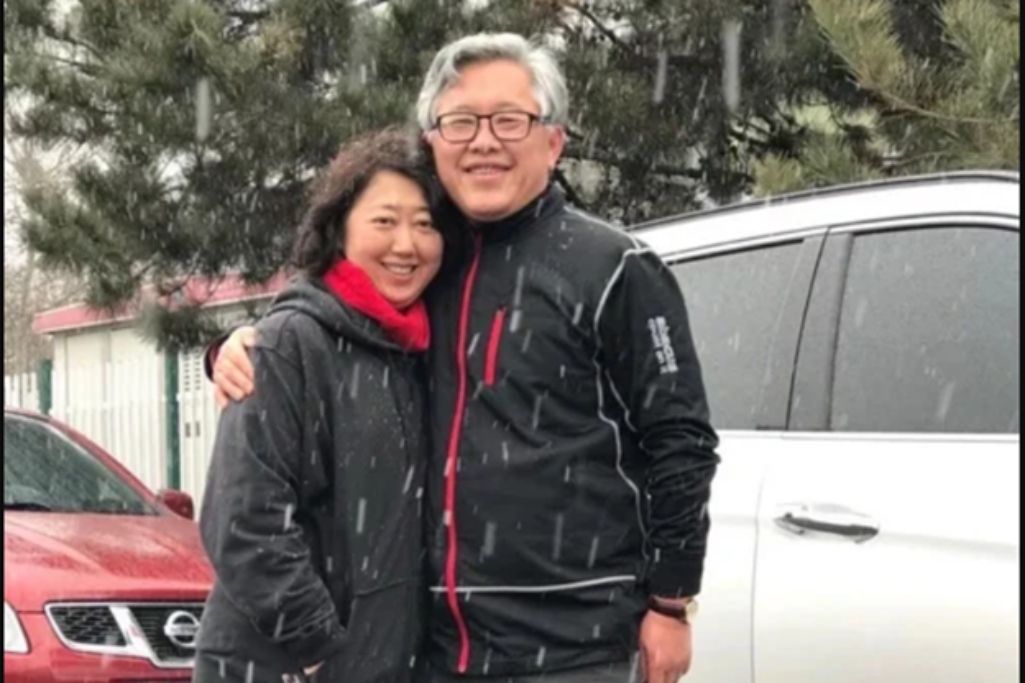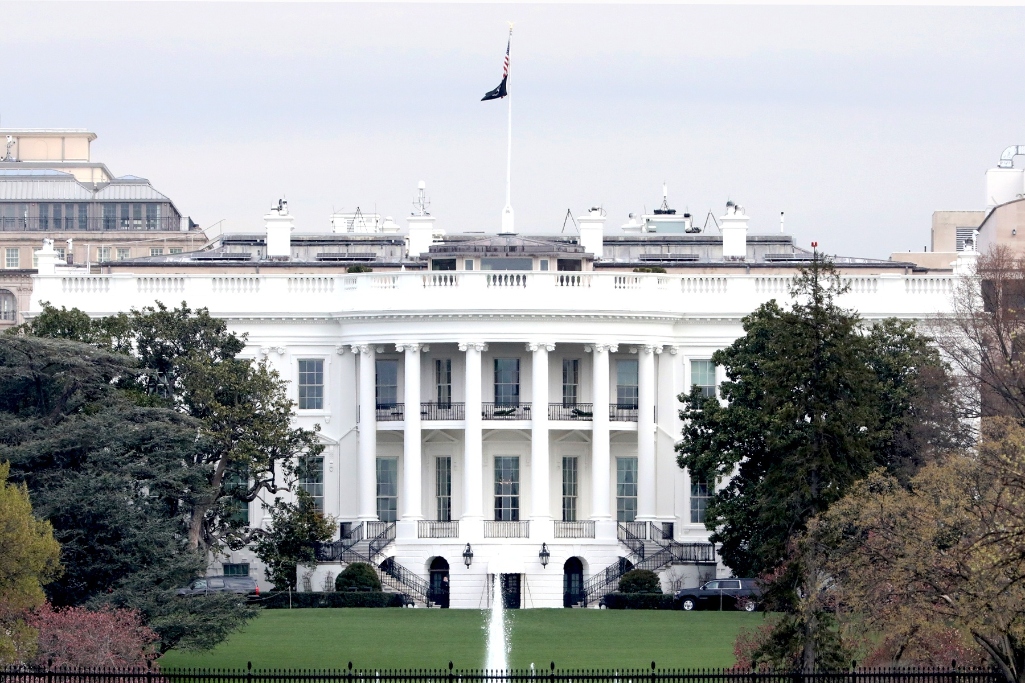
Chunli Liu (Anna) is appealing for prayers and for the release of her husband, Pastor Ezra Jin Mingri, jailed in China on erroneous charges of “illegal dissemination of religious information online.”
WASHINGTON (BP) — Chinese Pastor Ezra Jin Mingri, among 22 pastors jailed this week in China on erroneous charges, lived in the U.S. with his wife Chunli Liu and their children before returning to China in 2007 to plant Zion Church.
His wife, who has remained in the U.S. to raise their children (U.S. citizens), is appealing for prayer as the U.S. advocates for her husband’s release.
The U.S. Commission on International Religious Freedom (USCIRF) noted Chunli’s comments Oct. 16 among testimony of the Chinese Community Party’s (CCP) religious persecution, including transnational aggressions, during the virtual hearing it hosted on the atrocities.
USCIRF Chair Vicky Hartzler, joined by USCIRF Vice Chair Asif Mahmood, is among those condemning the persecution of Jin and others.
“I condemn these arrests, and I call for the release of Ezra Jin and of all those who have been detained by the CCP for exercising their right to practice their faith,” Hartzler said in opening the hearing. “China’s treatment of religious groups blatantly contradicts international human rights standards.
“No government has the right to dictate the beliefs of its citizens. No government has the right to choose which religious leaders are legitimate,” Hartzler said. “No government has the right… to impose its political interest onto its citizens’ conscience and its citizens’ faith. And no government has the right to imprison religious leaders for leading their religious communities.”
Among those appearing before USCIRF was Jin’s friend Corey Jackson, founder and president of The Luke Alliance, advocating for the religious freedom of persecuted Christians in China.
“The CCP intends to control every area of your life, including your heart, your mind, your soul and your emotions. They want to control your gathering in public, in private, online, even gathering with your own children to teach them about your faith,” Jackson told USCIRF. “So how should we respond? Our concern should go beyond prisoners of conscience to the 99% of other Christians who do not make the headlines. There are between 80 (million) and 100 million Protestants in China, maybe 10 million Catholics, potentially more. Xi (Chinese President Xi Jinping) brands Christians as disruptors, and in reality, they are a cohesive force for good in society.”
Jackson, a former North Carolina Presbyterian pastor who served several years in China in ministry, documents at LukeAlliance.org the arrest of Jin and 21 others held at Beihai No. 2 Detention Center in Guangxi Province.
The Luke Alliance also posts an open letter from Chunli, describing Jin’s commitment to the ministry. Before his arrest and since 2018, Jin had been forbidden to leave China under a CCP-issued exit ban and had been subjected to constant surveillance.
“I feel a mixture of shock, sadness, worry, anxiety and anger,” Chunli wrote. “I firmly believe that Pastor Jin simply did what any good pastor would do. In whatever circumstance, online or in-person, he did what every pastor in the universal church does: preach the Gospel to everyone and proclaim his faith in Jesus Christ. He is innocent!”
In the hearing, “State Controlled Religion in China,” USCIRF Commissioner Stephen Schneck posed the question of whether USCIRF’s advocacy under the International Religious Freedom Act, as well as sanctions imposed by the U.S. State Department, has exacted any improvements for persecuted Christians and other religious adherents in China. Schneck is in his fourth year at USCIRF.
“And I have to say that in the course of those four years, I’ve seen things only get worse and worse in regards to China. Sinicization is continuing apace. The genocide of the Uyghurs and the cultural genocide of the Tibetans is continuing apace,” Schneck noted. “And I’m really wondering if, over these four years, USCIRF has had any effect at all. If any of the recommendations that we’ve made to Congress, if any of the recommendations that we’ve made now to two different administrations, have had any success at all in changing the situation of religious freedom in China.”
Annie Wilcox Boyajian, president of Freedom House and a speaker at the hearing, assured commissioners of their positive impact.
“I would jump in and say yes,” Boyajian said, “and there are a whole bunch of recommendations that the religious community has made for decades that haven’t ever been fully implemented. … The other thing to remember is dissent is occurring, and just because we don’t necessarily see it from where we sit here in the United States, it happens every single day.”
Boyajian noted Freedom House’s China Dissent Monitor, sourced from on-the-ground contacts and others to document dissent from religious communities.
“We have seen more than 400 instances over the last three years where people see religious restrictions and choose to worship anyway, or where they’re even actually protesting,” Boyajian said. “This comes back to, from our perspective, the deep and utter importance of raising individual cases because we do hear that it makes a difference.
“And when USCIRF encourages the State Department to designate China as a Country of Particular Concern, it matters,” she said. “The Chinese government cares about that. They raise it in meetings.”
USCIRF’s hearing followed U.S. Secretary of State Marco Rubio’s statement Oct. 12 urging China to release Jin and others.
At its hearing, USCIRF also heard from additional advocates and Congressional leaders, including U.S. Sen. James Risch, chairman of the Senate Foreign Relations Committee; U.S. Rep. James McGovern, a member of the Congressional-Executive Commission on China and the bipartisan Tom Lantos Human Rights Commission; Rushan Abbas, founder and executive director of the Campaign for Uyghurs and chairwoman of the Executive Committee of the World Uyghur Congress; and Norgay Tenzin, a research analyst with the International Campaign for Tibet.
Resources from the hearing will be posted at USCIRF.gov, Hartzler said.
(EDITOR’S NOTE — Diana Chandler is Baptist Press’ senior writer.)


